Arctic nature at its best - all year round
Knowledge based experiences
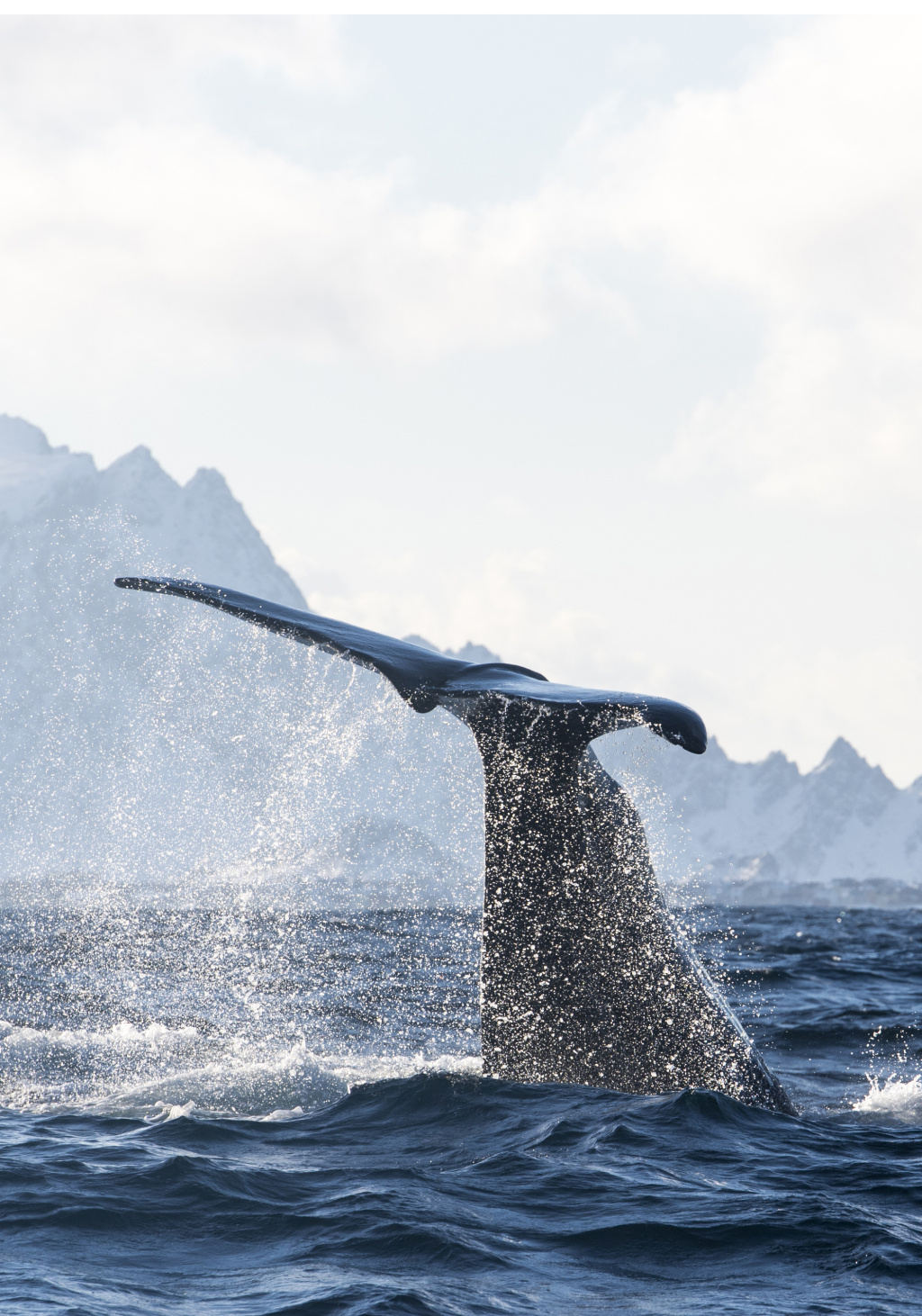
-
1.5-2.5h
-
8+
-
Oct-April

-
3-4h
-
0+
-
May-Sept

-
1.5-2.5h
-
8+
-
May-Sept
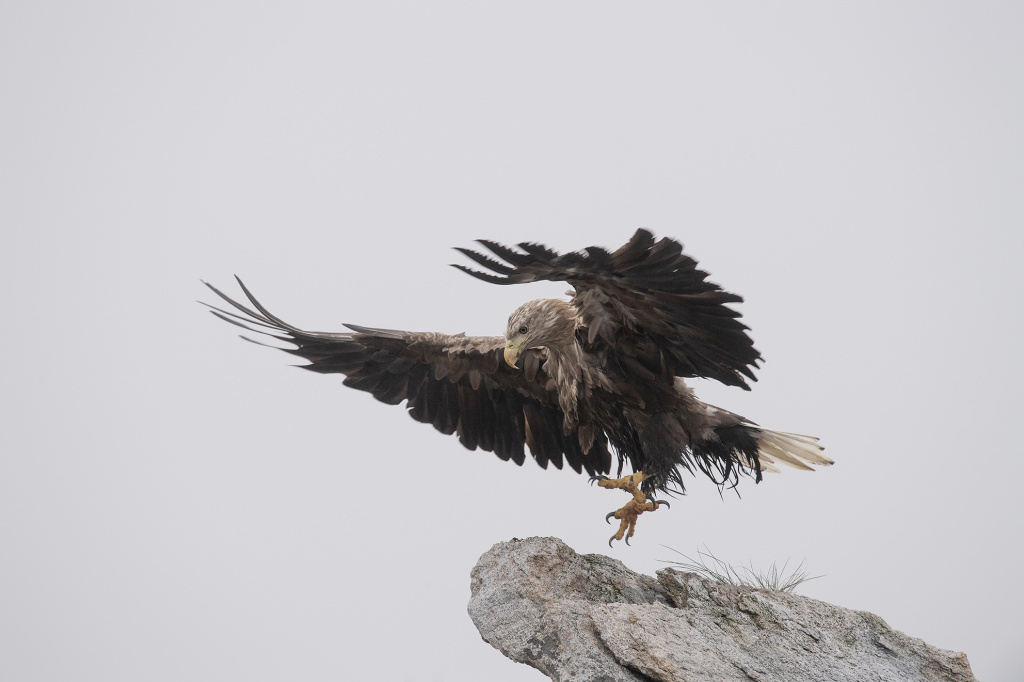
-
1.5h
-
8+
-
Winter
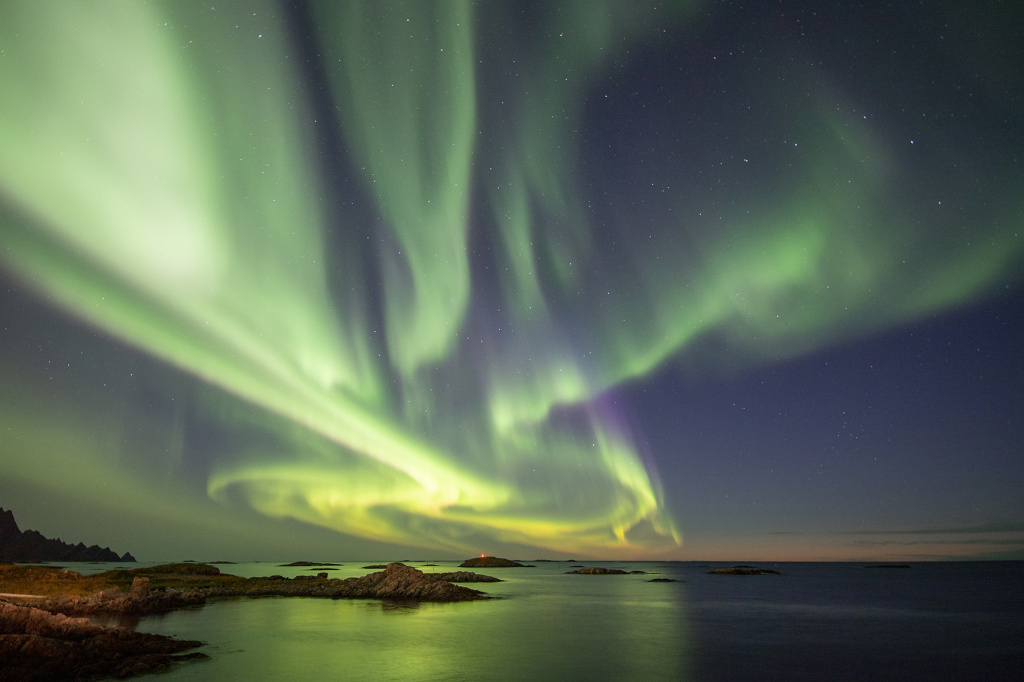
-
8+
-
3.5h
-
Winter
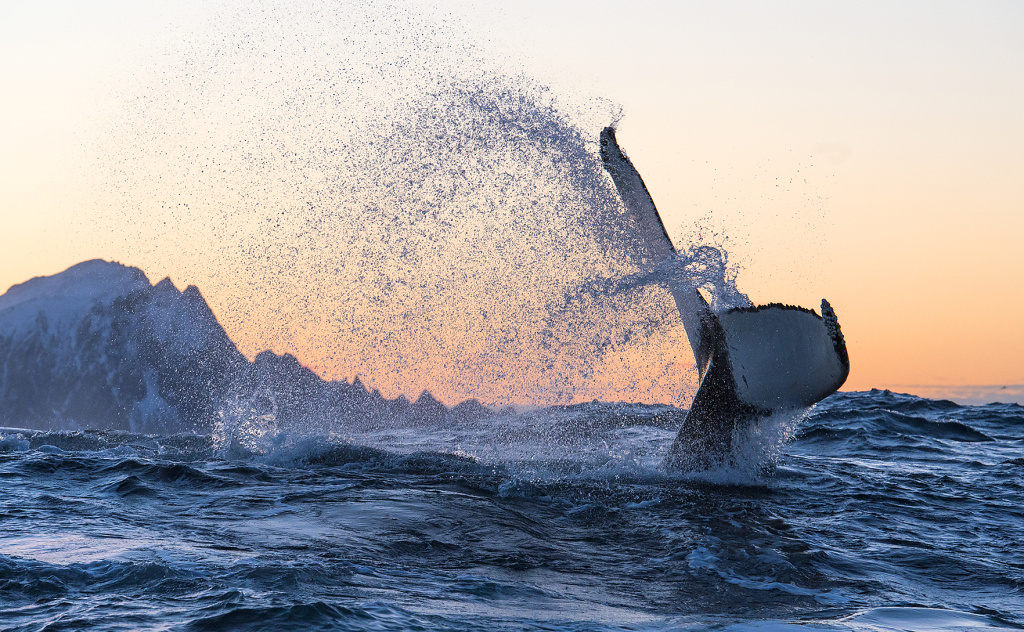

-
3.5h
-
8+
-
Summer
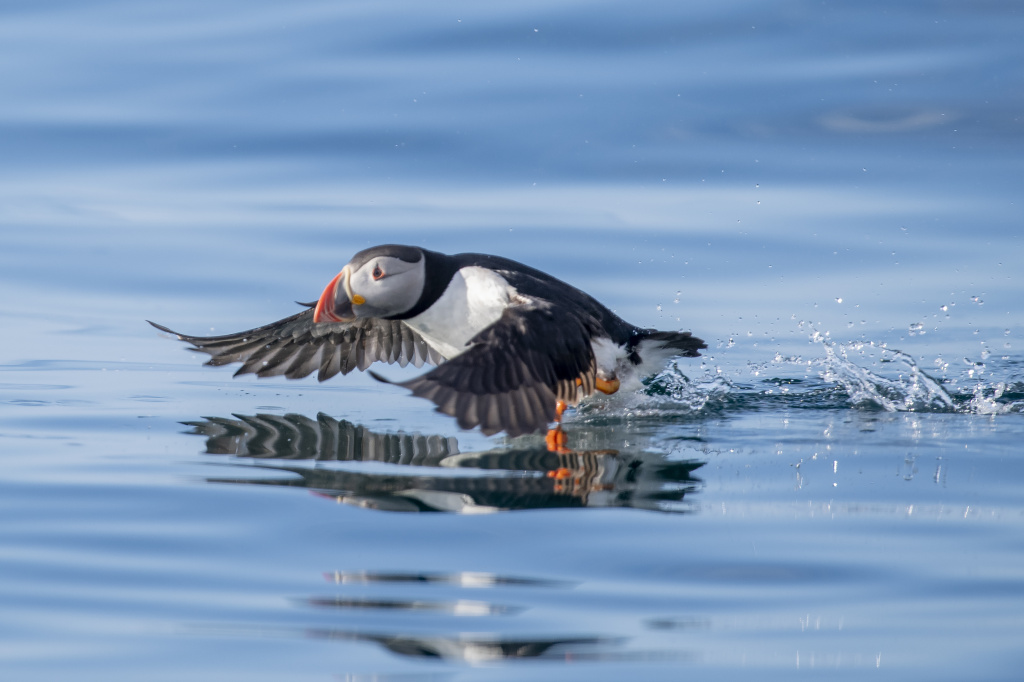
-
1.5h
-
8+
-
Summer
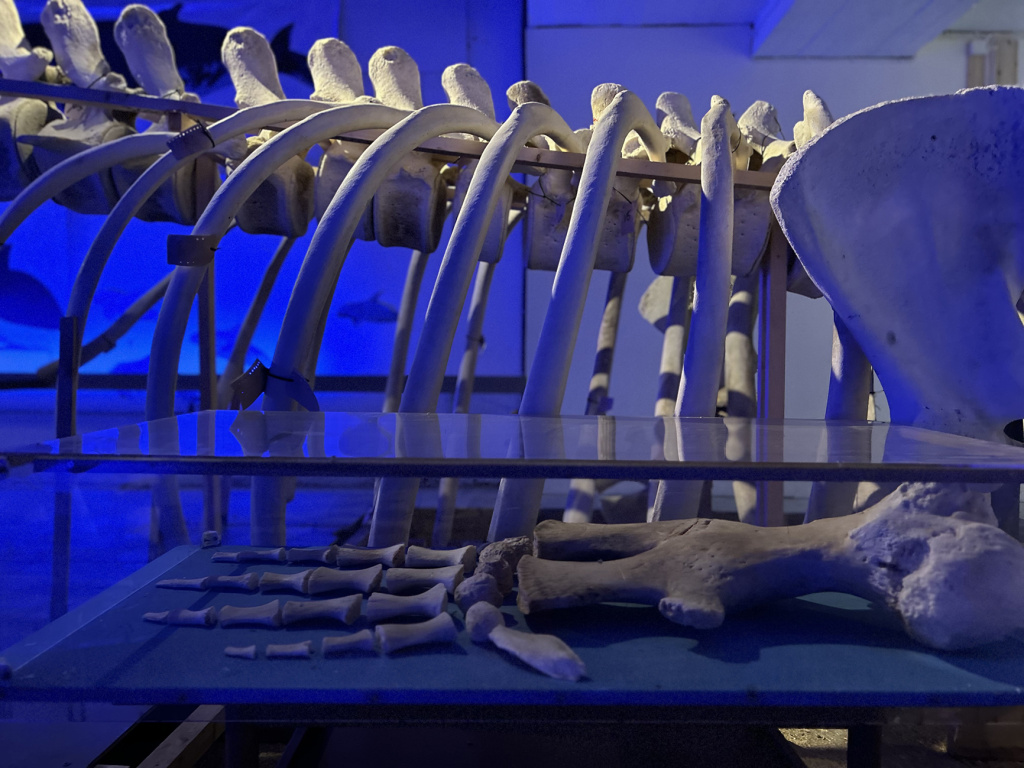
The Whale Center is a vibrant visiting center that offers a unique experience for nature, bird and whale enthusiasts. The on-site Café provides a cozy spot to relax and enjoy a meal while taking in the breathtaking views. The exciting whale exhibition showcases fascinating information about these marine giants, educating and inspiring guests.
The welcoming environment at the reception ensures a smooth and enjoyable visit for everyone. Don't forget to explore the souvenir shop for special tokens to remember your visit by.

BUY A GIFTCARD
An exiting adventure is always a nice gift to receive! Buy a gift card for a whale watching tour or maybe for our birdsafari.

We offer whale watching all year. From Andenes we only go out with the RIB boats during wintertime. From end of October to January we also offer whale watching with RIB in Troms. NB: Skjervøy is further north, and close to Tromsø! In Skjervøy we also offer snorkelling with the whales. You find our winter-activities if you click on the trips Andenes or trips skjervøy in the top menu.
Other winter-activities in Andenes:
- White-tail eagle safari
- On-land activities are a nature & culture walk in the harbour. In the evenings we offer a nature walk with the chance of seeing the Aurora!